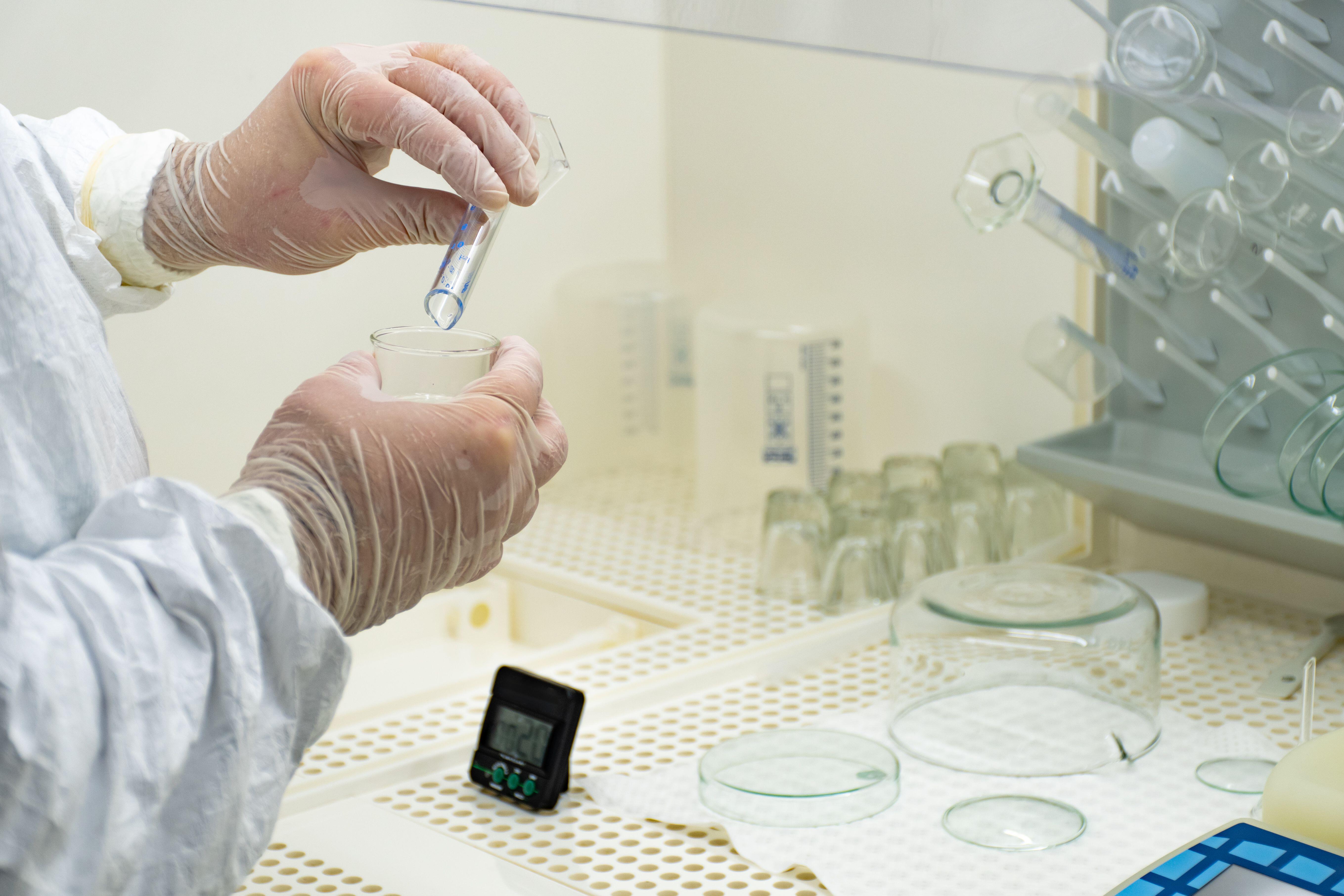14 more monkeypox cases confirmed by health officials
The total number of cases in the UK is now 71.

Your support helps us to tell the story
From reproductive rights to climate change to Big Tech, The Independent is on the ground when the story is developing. Whether it's investigating the financials of Elon Musk's pro-Trump PAC or producing our latest documentary, 'The A Word', which shines a light on the American women fighting for reproductive rights, we know how important it is to parse out the facts from the messaging.
At such a critical moment in US history, we need reporters on the ground. Your donation allows us to keep sending journalists to speak to both sides of the story.
The Independent is trusted by Americans across the entire political spectrum. And unlike many other quality news outlets, we choose not to lock Americans out of our reporting and analysis with paywalls. We believe quality journalism should be available to everyone, paid for by those who can afford it.
Your support makes all the difference.Health officials have confirmed 14 more cases of monkeypox in England.
The UK Health Security Agency (UKHSA) said a total of 70 cases have been confirmed in England since May 7.
Scotland confirmed its first case on Monday, bringing the UK total to 71.
We are continuing to promptly identify further monkeypox cases in England through our extensive surveillance and contact tracing networks, our vigilant NHS services, and thanks to people coming forward with symptoms.
No cases have been identified in Wales or Northern Ireland.
Health officials stressed the risk to the UK population “remains low” but it urged anyone with unusual rashes or lesions on any part of their body to contact NHS 111 or their local sexual health service.
UKHSA said a “notable proportion” of the cases identified have been among gay or bisexual men who have sex with men.
Dr Susan Hopkins, chief medical adviser for UKHSA, said: “We are continuing to promptly identify further monkeypox cases in England through our extensive surveillance and contact tracing networks, our vigilant NHS services and thanks to people coming forward with symptoms.
“If anyone suspects they might have rashes or lesions on any part of their body, particularly if they have recently had a new sexual partner, they should limit their contact with others and contact NHS 111 or their local sexual health service as soon as possible, though please phone ahead before attending in person.”
UKHSA teams have been tracing high-risk contacts of those with a confirmed case and are advising contacts to isolate for 21 days.
It is also offering a smallpox vaccine to close contacts to reduce their risk of symptoms and severe illness.